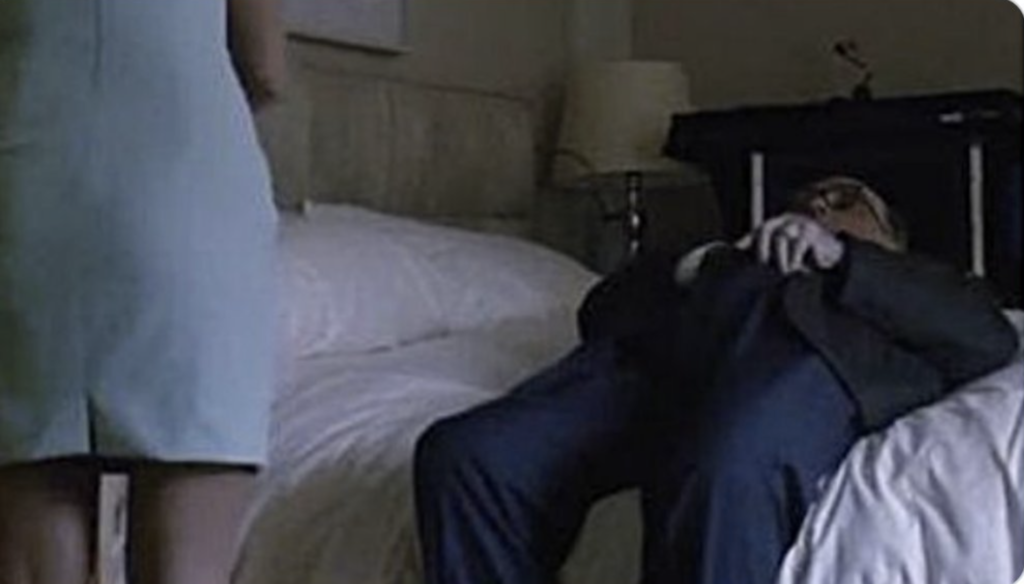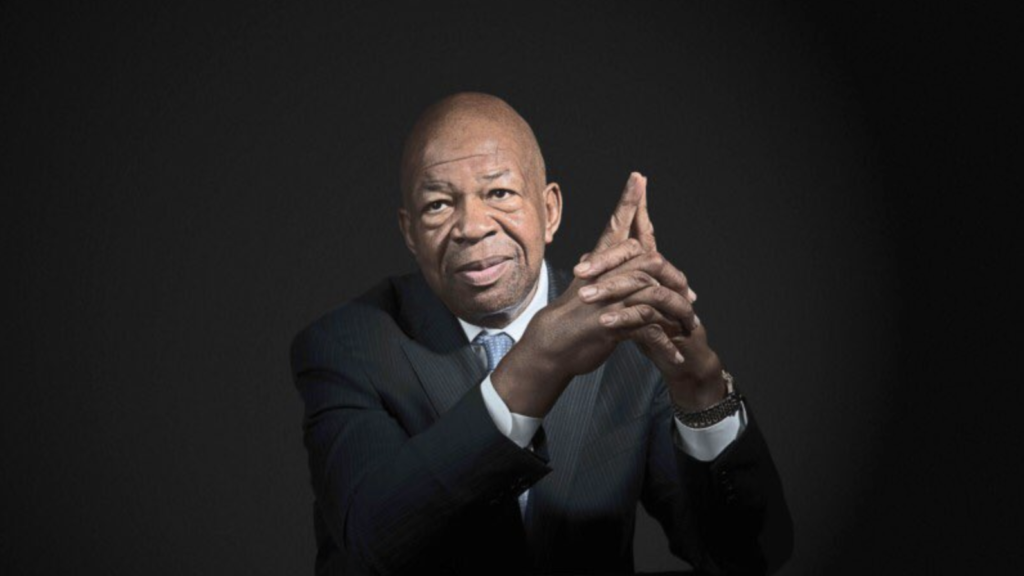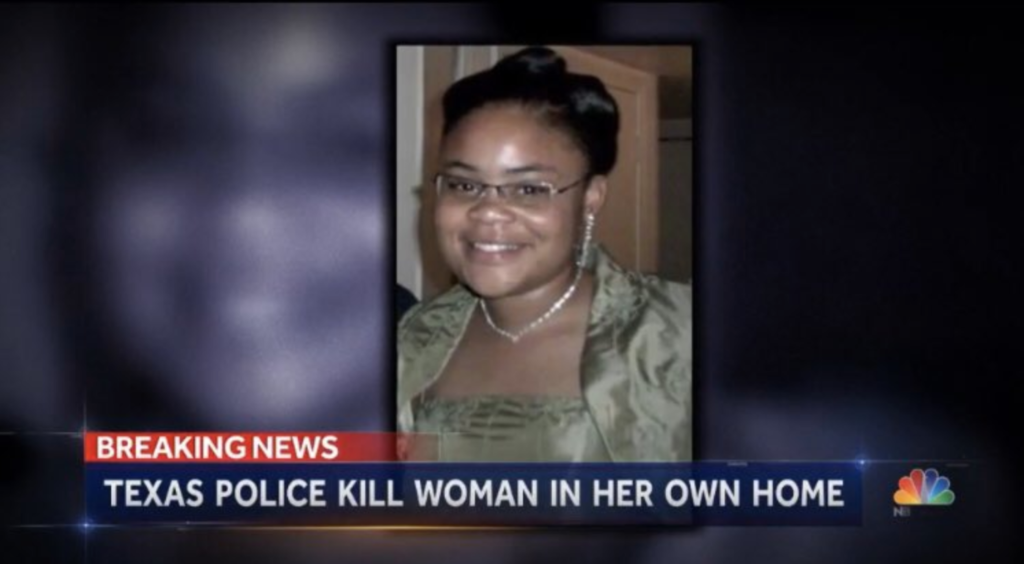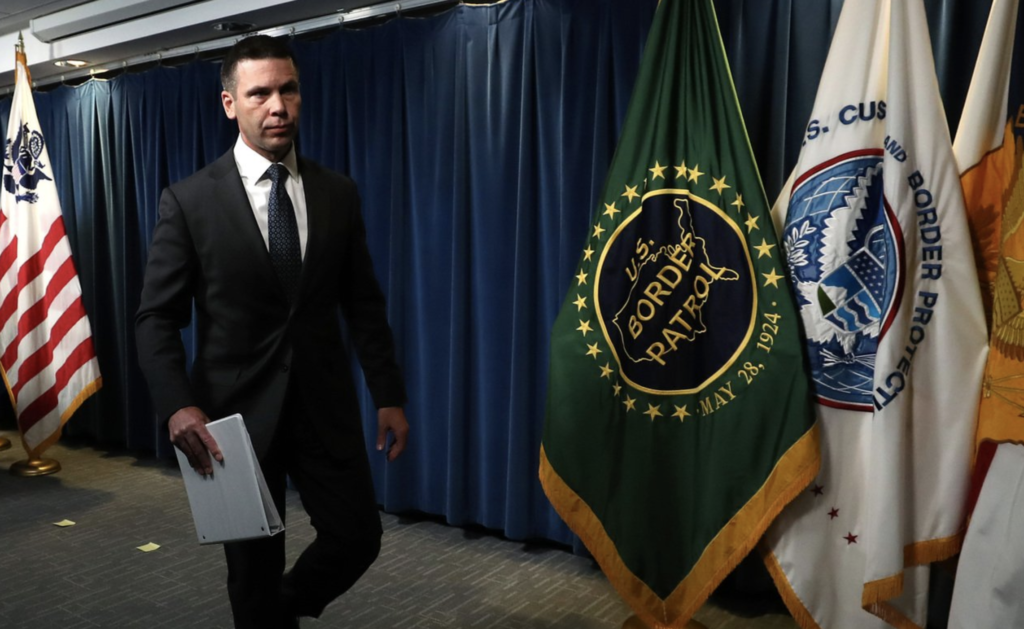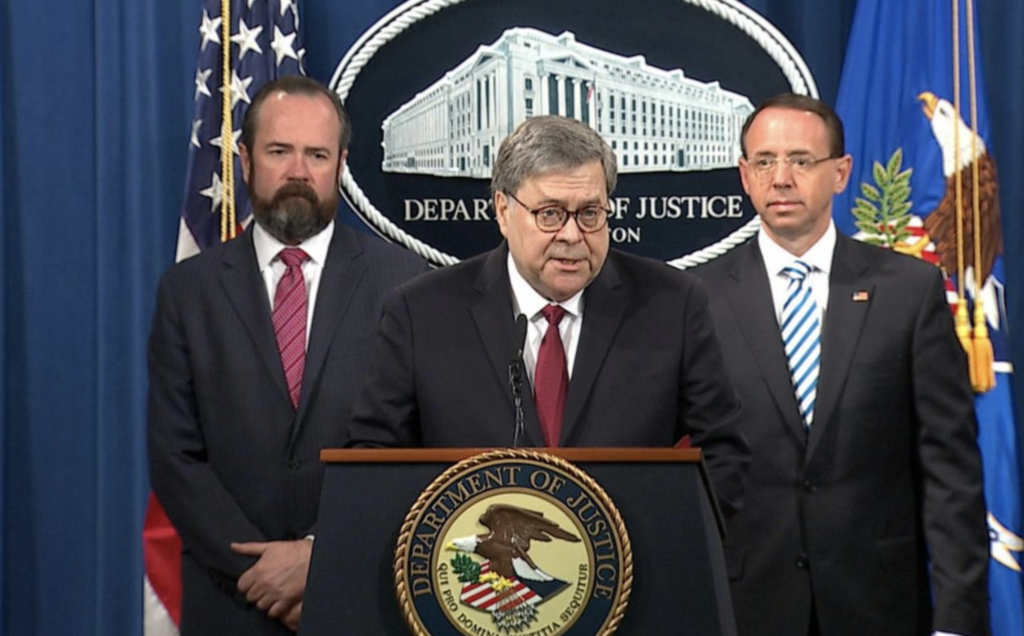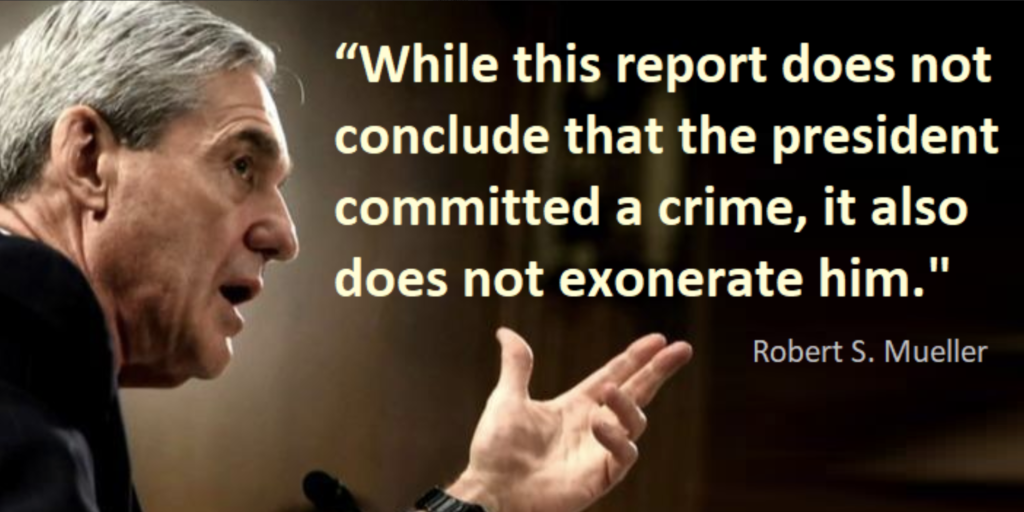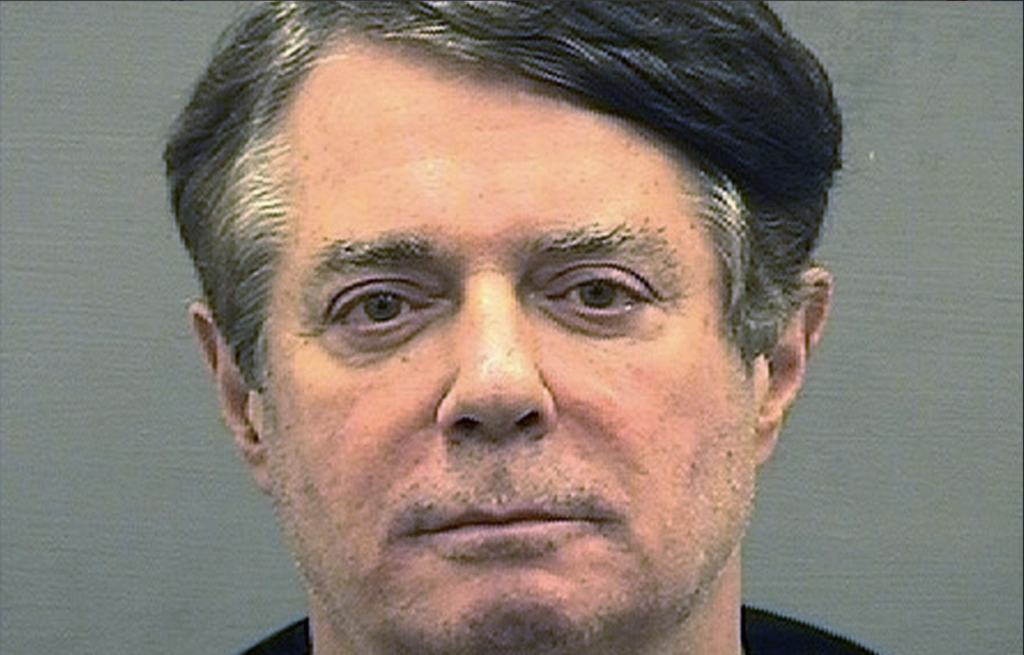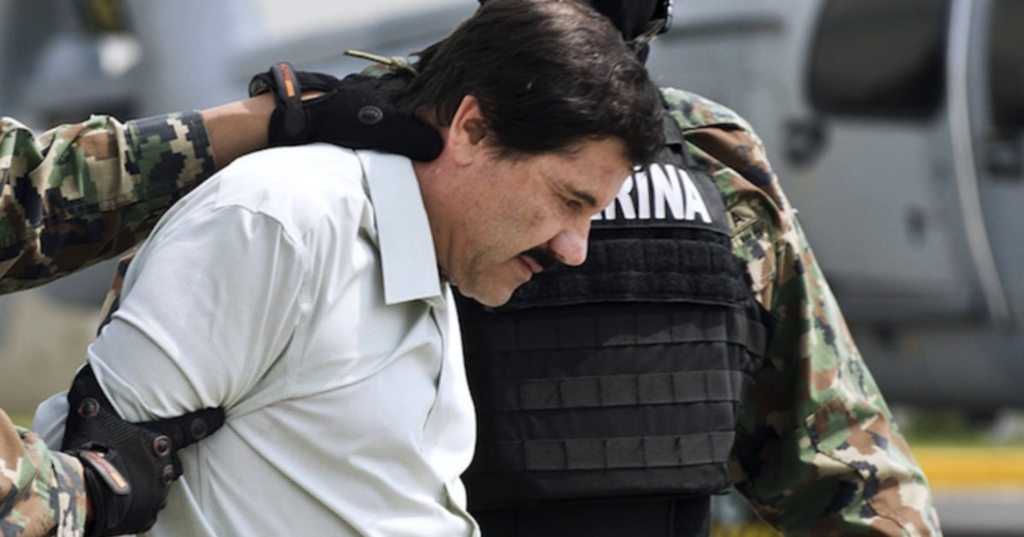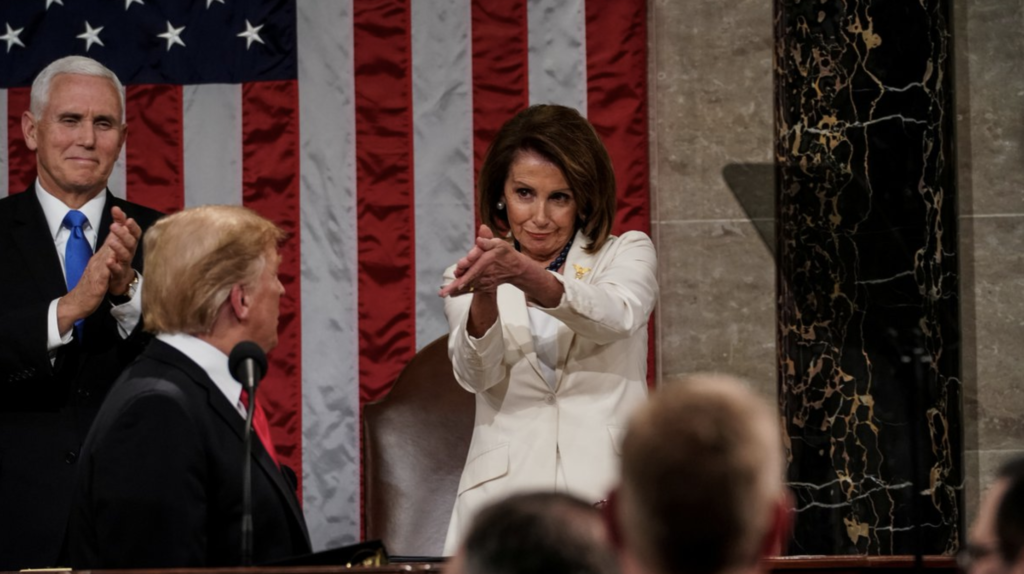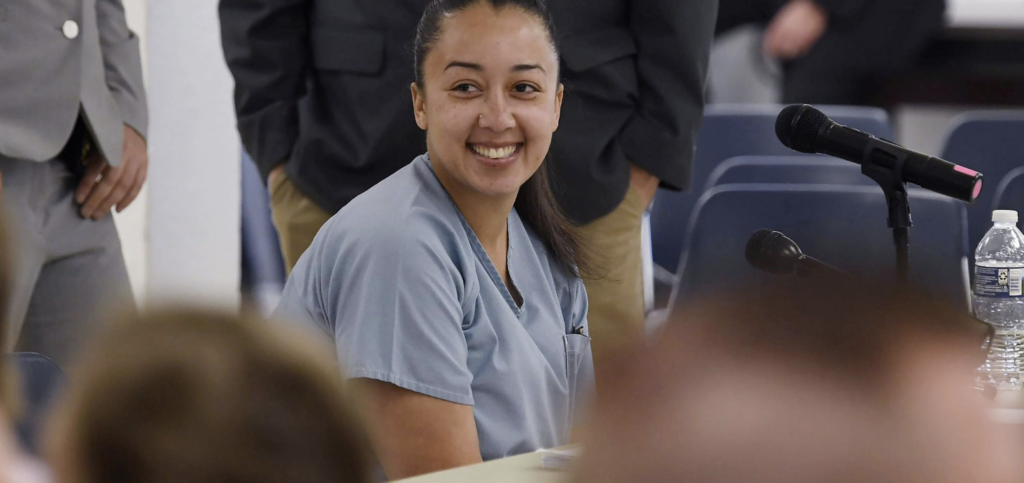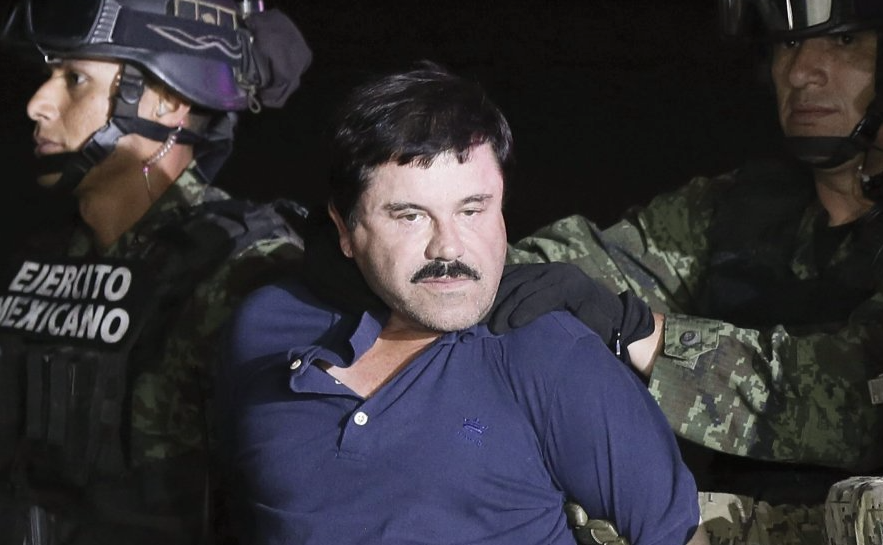El Chapo is Coming to America
21 May, 2016
Mexico’s decision Friday to approve the extradition of Joaquín “El Chapo” Guzmán helps clear the way for the infamous drug lord to face what has long been his worst nightmare: living behind bars in a U.S. prison.
The extradition of Guzmán, who has publicly claimed responsibility for delivering much of America’s cocaine and heroin and has fought bloody battles with rival traffickers, could still be months or even years away. His lawyers vowed Friday to appeal the ruling by the Mexican Foreign Ministry.
But the government’s decision marks a recognition that the political stakes have changed dramatically since Guzmán escaped for a second time from a Mexican federal prison last summer.
After his first recapture in 2014, Mexican authorities rejected U.S. pressure and vowed to force Guzmán to face justice on his home soil, making it a point of pride that they could hold him secure, extract intelligence from him and successfully convict him for his role leading the Sinaloa drug cartel. Those boasts collapsed last July when Guzman slipped away from a maximum-security prison west of Mexico City through a mile-long tunnel and went on the lam in the rugged mountains of his home state along Mexico’s Pacific coast.
This time, after Guzmán was recaptured in January, President Enrique Peña Nieto’s administration has moved methodically toward extraditing him to the United States. The president’s approval ratings have already fallen from earlier in his term, fueling worries about enduring another humiliating escape.
Mexico’s new attorney general, Arely Gómez González, has also been far more willing to extradite prisoners than her predecessor, Jesús Murillo Karam, who predicted that Guzmán would die in a Mexican jail.
Foreign Ministry officials visited Guzmán on Friday in his cell in a federal prison in Ciudad Juárez, along the Texas border, where he was moved earlier this month, to inform him of their decision to proceed with his extradition. In a statement, the ministry said Guzmán would face a raft of charges from two U.S. federal jurisdictions — the Western District of Texas and the Southern District of California — including murder, money laundering, weapons possession, distribution of cocaine and other alleged crimes. It said Mexico received guarantees that the death penalty, which has been abolished here, would not be sought against Guzmán in the United States.
Guzmán also faces U.S. charges in Chicago, New York and Miami, among other jurisdictions.
The U.S. Embassy in Mexico confirmed that the death penalty was off the table, “consistent with our extradition assurance policies with Mexico.” In Washington, a Justice Department official said it was not immediately clear where Guzmán, if extradited, would be tried.
U.S. Attorney General Loretta E. Lynch said recently that Justice Department officials would “look at all of the relevant charges against him” and determine which jurisdiction could generate a case covering most, if not all, of the alleged criminal conduct.
For Mexico, extradition offers the benefit of dropping a political hot potato and avoiding the dilemma of securing a prisoner who has proven his ability to bribe a wide range of officials and whose allies are adept at building tunnels, flying private planes to mountain hideouts, operating a network of safe houses and constructing high-tech escape hatches.
Guzmán now has up to 30 days to appeal the Foreign Ministry’s decision, which his lawyers have told Mexican news outlets they plan to do. A judge then will determine how to proceed. Guzmán’s lawyers have at least two attempts at appeal, which could drag the process out for months, a Mexican official said. Now that the Foreign Ministry has acted, “it’s in the judiciary power’s court,” the official said.
Guzmán, a Sinaloa native whose nickname means “Shorty,” was first arrested in 1993 in Guatemala and extradited to Mexico, where he was sentenced to more than 20 years in prison on drug trafficking and other charges. But he was able to bribe prison workers and guards, living like a sultan behind bars and continuing to run his drug empire with his brother, who was still at large. His Sinaloa cartel became the most powerful in Mexico, smuggling tons of cocaine, methamphetamine, heroin, marijuana and other drugs into the United States.
While imprisoned in Mexico, Guzmán was indicted in San Diego on drug-trafficking and money-laundering charges. Apparently fearing extradition, he bribed guards to help him escape in 2001 by hiding in a laundry cart that was rolled out of the prison.
He remained on the loose until February 2014, when he was found at a beachfront hotel in Mazatlan, thanks in part to tips from U.S. federal agents. But the Altiplano federal prison, about 50 miles west of Mexico City, proved unable to hold him. He managed to flee in July 2015 through an elaborate tunnel that associates dug from a house a mile from the prison under rolling fields to the floor of the shower stall in his cell.
Guzmán was tracked down to the coastal city of Los Mochis in northern Sinaloa state in January and arrested following a shootout and an attempt to flee via a secret tunnel that led to the city’s sewer system. He was caught when federal police intercepted him in a stolen vehicle.
After his capture, it was revealed that Guzmán, among the world’s most-wanted men, sat for an interview with actor Sean Penn and Mexican actress Kate del Castillo, one of the many brazen moves that burnished his legend as a drug lord living far above the law.
Washington Post
Image AJENews twitter
Mentioned In This Post:
